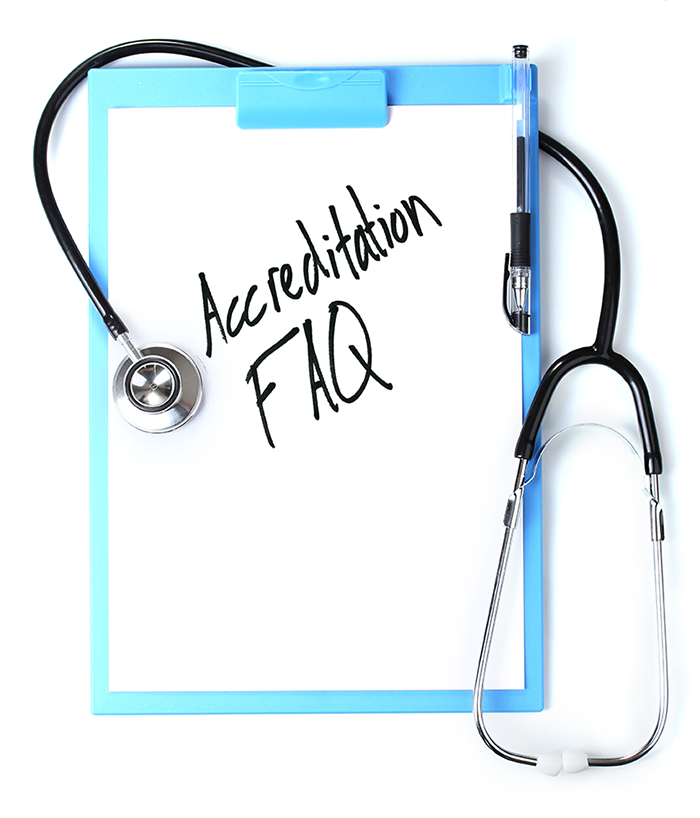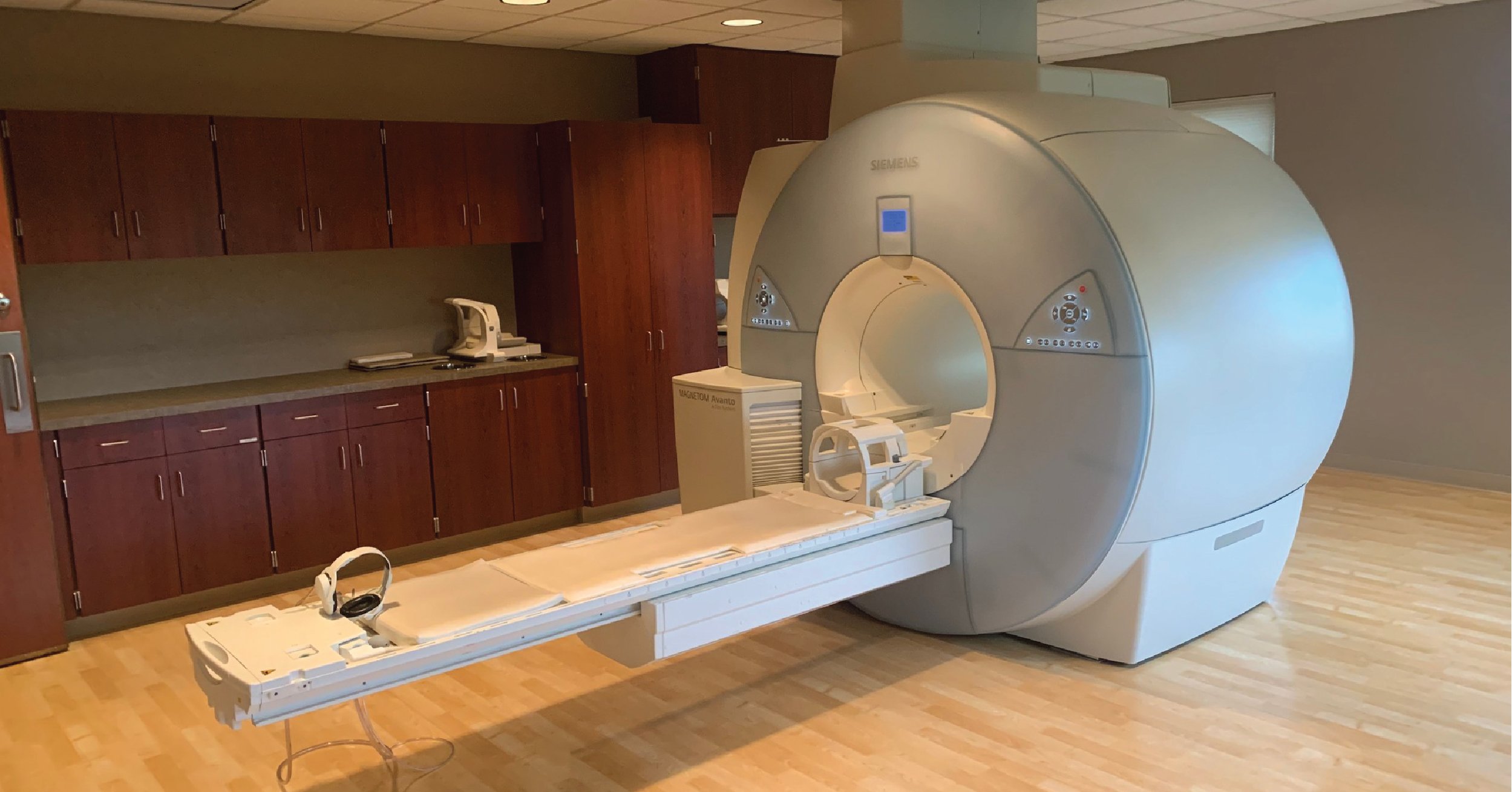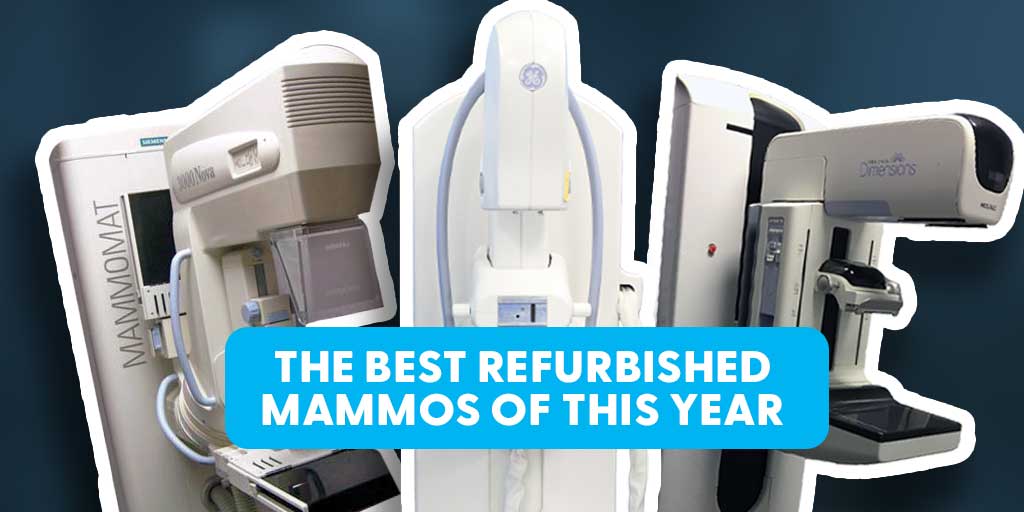
Updated: March 29, 2021 : 3 min read
Medical Imaging Accreditation FAQ
We at Block Imaging have been receiving a growing number of questions related to accreditation and what it means exactly. Listed below are some of the most common questions and concerns we’ve been hearing along with brief answers to help lend some clarity on the topic. For more definitive answers, we recommend contacting one of the organizations linked below.
What is accreditation?
Accreditation is a BIG deal. Simply put, being accredited means that your entire site (equipment, staff, safety protocols, etc.) has passed a peer-review evaluation for compliance with the highest national standards. Everything from image quality to procedural routines is assessed by board-certified radiologists and physicists to ensure the standards are being met.
Why should I seek accreditation?
The “hot topic” for accreditation is most certainly reimbursement. Many Medicare carriers and third-party insurers have instituted directives that require accreditation of the facility for which reimbursement is due. Policies similar to this are being implemented across the country and expanding to more and more insurers.
Another great reason to seek accreditation is staff and patient referral. Many facilities market their achievement of being accredited to attract high-quality techs, physicians, radiologists, and, in turn, more patient referrals.
Perhaps most importantly, accreditation provides quality control. A facility that adheres to high standards can offer patients safer, more efficient care.
How and when should I become accredited?
Typically, you’ll want to become accredited as quickly as possible after your facility is ready to scan patients. If you’ve just renovated your facility, you will want to reapply for accreditation. Once you’re ready, contact an accreditation agency and start the application process. Two well-known organizations that specialize in multi-modality accreditation are:
As part of the application process, you will generally encounter fees for each modality that you wish to accredit. Some organizations give discounts if multiple modalities are submitted in the same application.
For which modalities can/should I apply for accreditation?
With the exception of X-ray, all modalities are able to be accredited, including:
- MRI (and breast MRI, cardiac module)
- Ultrasound (and breast ultrasound)
- CT
- Nuclear medicine (and PET)
- Stereotactic breast biopsy
Mammography and radiation oncology practices are covered, but be advised that they usually require separate applications.
Mammography vs. Breast MRI for Breast Cancer Detection
Can I buy “accredited equipment”/can pre-owned equipment be accredited?
Whether purchasing new or refurbished, medical imaging equipment cannot be accredited on its own merit. Because the accreditation process involves an evaluation of the entire imaging site, the equipment can only be accredited once it is installed and clinically operational within a facility. There is no such thing as an “ACR-Accredited MRI” or “IAC-Accredited CT” outside of an installed site.
Accreditation for pre-owned/refurbished equipment is no more or less challenging than it is for new. Regardless of technical specs, even the latest and greatest diagnostic imaging equipment will fail if it is installed poorly. The important thing is to ensure your refurbished equipment vendor guarantees their product will operate at or above OEM spec.
In very unique cases, the design of the equipment (new or used) can present added challenges during the accreditation process. For example, some low-field open MRI systems produce less clear images than a higher-field, superconductive magnet. Because of the difference in image quality, it can sometimes be challenging to get a .2T system accredited. In cases such as this, be sure to do your due diligence and be in contact with an accrediting body about the acceptable standards for your equipment’s performance.
See More on Low-Field MRI Reimbursement Requirements
How long will my accreditation last?
This varies by site, equipment, and which accreditation organization you choose. Typically, most accreditations last for 2-3 years before requiring renewal, but be sure to check with the company that you’re working with.
How long does the accreditation process take?
Again, this varies. What we can say is that there is generally an application process, an application review, and an on-site survey. How long each of these steps (and any others that are applicable) take will vary by site and by accreditation organization.
Hopefully, the answers above have helped you begin to build an understanding of accreditation and its implications. While Block Imaging is not an accrediting authority, we can help you at all the stages surrounding your accreditation process. We’re ready to meet your equipment needs so you can be ready to achieve and maintain the high standards of accreditation. Contact us or check out our free resources to learn more about equipment, site preparation, replacement parts, and ongoing service options.
.........................
See More:
![]()
This is just one of the many MRI machine articles we have for you. If you want to keep reading about systems, parts, service, and news, click here to see the complete list of content for this topic.

Steve Rentz
Steve Rentz is the Product Manager for MRI Scanners at Block Imaging. Steve's goal is to earn each customer's trust and business by specifically addressing the needs of their unique project. When Steve is not helping customers with their MRI needs, he enjoys running, swimming, and woodworking.





